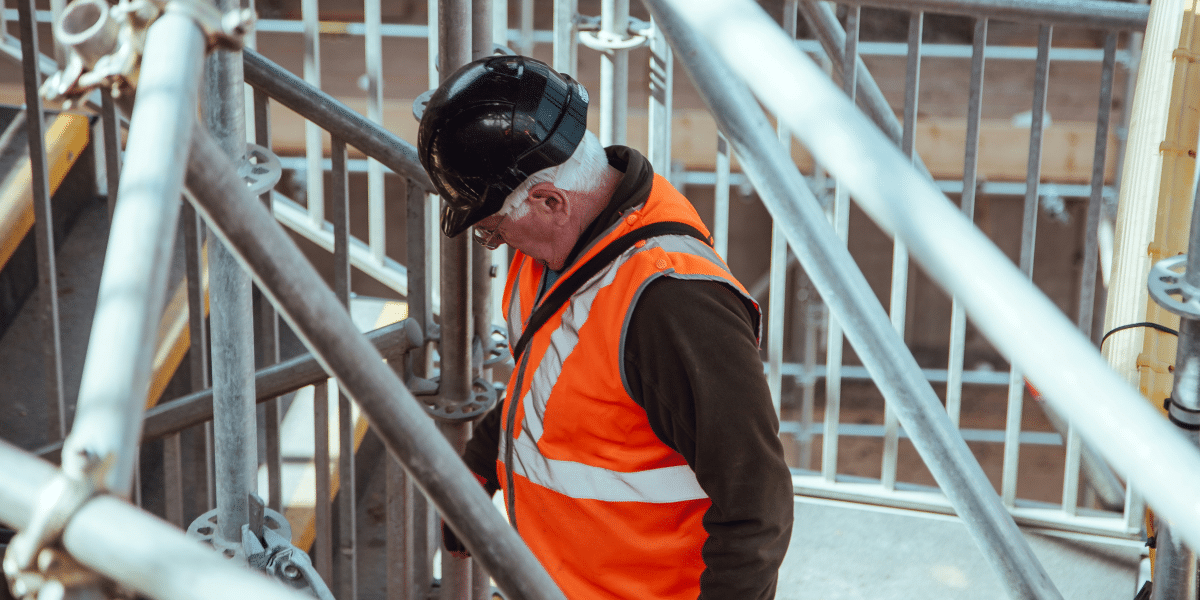Are you interested in becoming a successful building inspector? That’s a great choice! However, like every other meaningful career, you should first understand what your roles and responsibilities will be once you’re confirmed. That way, you can decide whether this is the direction you want to head and what you should do to deliver outstanding services.
Read on to learn more about what a building inspector’s career entails.
Who’s a Building Inspector?
A building inspector sometimes referred to as a construction inspector, is a professional in the construction industry tasked with inspecting existing buildings and overseeing new projects to aim their execution as per the set forecasts, safety guidelines, and sector regulations. These professionals work closely with all other parties involved in a construction project such as engineers, contractors, and architects to enhance compliance with quality standards and ensure the observation of all safety requirements.
Getting into this career requires a deep understanding of state-specific Building Inspector requirements, which is something you can find out from a trustworthy education provider like RocketCert. Such a provider not only provides the materials you need to acquire and renew your building inspector license, but they can also offer the support you need to succeed in your career.
Duties of a Construction Inspector
Now that you know who a building/construction inspector is, here are the tasks you should expect if you’re licensed as one:
1. Ensuring Building Code Compliance
As a building inspector, you are expected to have a proper understanding of building codes and zoning ordinances that ensure constructions meet the required standards. That way, you can enforce and interpret these regulations where required.
You will also review construction plans, specifications, and permit applications to determine whether constructors are good to go.
2. Inspecting the Construction Site
Another crucial task that you’ll have to undertake as a building inspector is to check construction sites regularly and conduct a couple of inspections such as electrical, mechanical, plumbing, framing, and foundation inspections. As you do this, your main aim will be to ensure that all the work, components, and systems are according to the approved plans and meet the set safety and quality standards.
3. Identifying Defects
Construction inspectors also have to identify construction issues such as defects, code violations, and substandard workmanship. If such problems exist and an inspector identifies them, they should then document them and give detailed reports to all parties involved such as the relevant authorities, contractors, and even homeowners.
A building inspector may even recommend corrective actions and perform a re-inspection to verify that the issues have been addressed.
4. Ensuring Public Safety and Education
It is also your responsibility as a building inspector to ensure the occupants’ and general public’s safety by enforcing the necessary building codes and regulations. You can do this by educating all stakeholders, including homeowners and contractors about code requirements, safety measures, and the premier construction practices.
Such enlightenment goes a long way towards eliminating hazards and preventing accidents that can interfere with the well-being of everyone who will use the building or be involved in its construction.
Ease Your Journey to Licensing
Pursuing building inspection as a career can be quite rewarding, but there are always a couple of things to look out for or do to ensure success before and after licensing. You may find it difficult to understand everything in one go, which is why you should have experts close by so you can seek support if you ever need it.
By tapping into the knowledge and experience of expert tutors from an education provider like RocketCert, you can make a solid start in moving your career forward.
Published by: Josh Tatunay
















